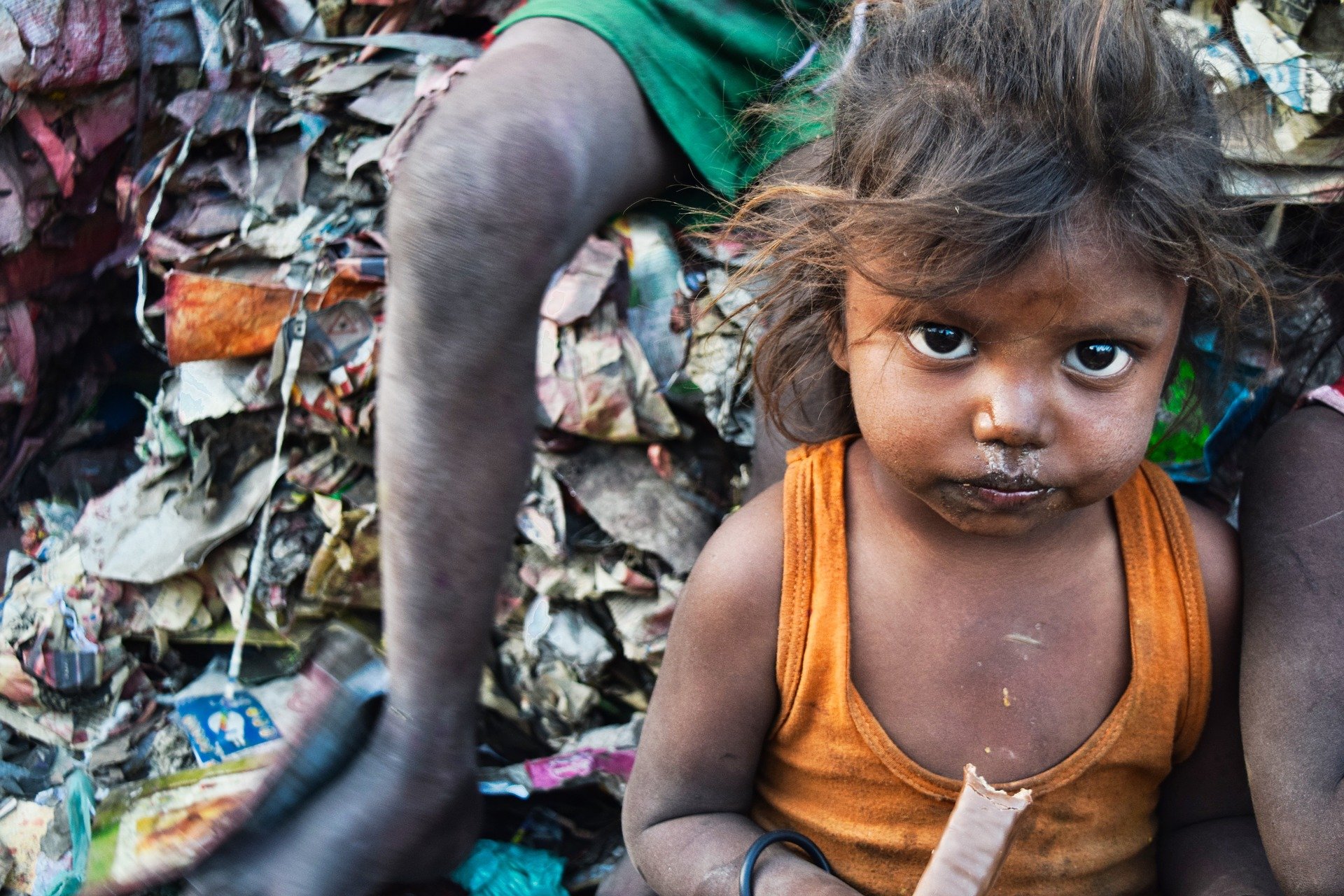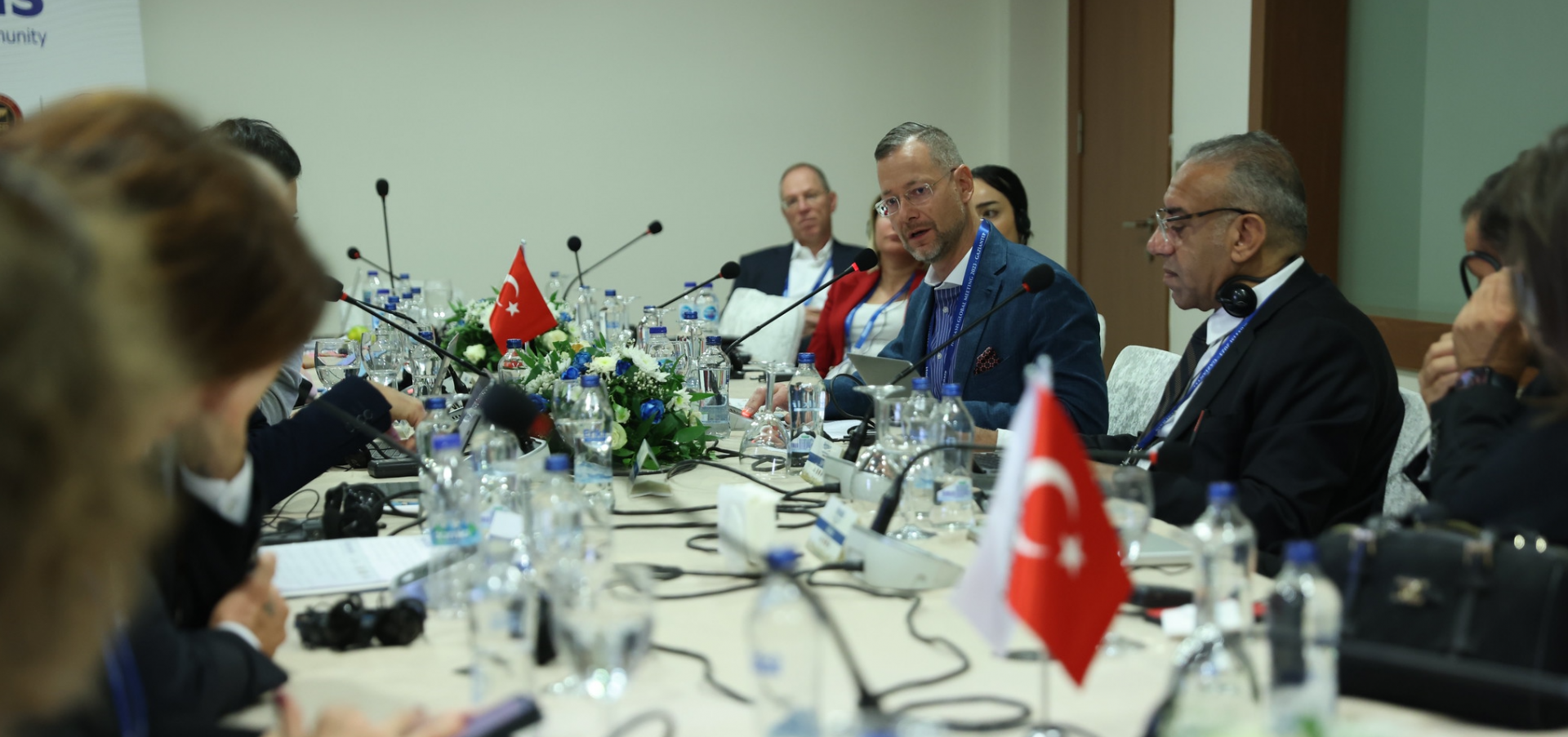Cooperating Across Generations for a Fairer Society
The world stands at a crossroads at the moment. There has never been a more urgent time than now to do more to push for a fairer society, where fairness and the rule of law abides. Amid the onslaught of the pandemic, geopolitical tensions, geoeconomic wars, and the need to get to net-zero, the most vulnerable need a fairer society. And this segment of the population happens to also be one of the largest.
The developed nations of the world and global leaders need to do more to ensure a more equal and just world. Many ultra-wealthy industrialists have been using their wealth to address pressing societal challenges, since the late 19th century.
Andrew Carnegie, one of the most influential philanthropists in American history, helped build thousands of libraries around the globe, while establishing one of the world’s leading research university—Carnegie Mellon University. Other than his praiseworthy contribution to extend education, he also invested his time and money to encourage the peaceful resolution of international conflicts. He even encouraged other wealthy peers to provide for themselves and their dependents and then make it their “duty” to use the rest of their funds for their communities. His rationale for philanthropy has attracted generations of successful businessmen like Bill Gates (to name one) to do more for the society using their wealth.
Even the present set of billionaires are donating billions each year to combat poverty, improve health, and promote sustainability. In just 2022 alone, the Bill & Melinda Gates Foundation invested US$7 billion to support organizations like the Global Fund to Fight AIDS, Tuberculosis and Malaria. Meanwhile through the Bezos Earth Fund, Jeff Bezos has pledged US$10 billion to fund initiatives on ecosystem restoration and sustainable agriculture, helping vulnerable communities affected by environmental challenges.
Although a lot has been done, economic inequality and poverty still remains high, while the frequency of extreme weather events continue to increase. How can family offices and wealth holders balance intergenerational wealth preservation with initiatives that reduce poverty and inequality? What are the most effective strategies for encouraging wealth-sharing?
This is one of the topics being discussed at the upcoming Horasis Global Meeting, scheduled to take place in São Paulo, Brazil, between 7 to 10 October 2025. The meeting will draw together opinions and experiences of global leaders from various backgrounds on finding a more holistic, inclusive, and sustainable framework to our present challenges.
The Balancing Act
Developed to sustain, grow, and pass wealth onto the next generation/s, family offices hold the key to impact incremental participation of the wealthy family businesses in creating social and environmental impact, while preserving and growing their wealth. A 2022 survey reveals that over 82% of family offices surveyed believe that the world’s wealthiest individuals are going to increasingly focus on tackling global challenges in the days to come.
Impact investing is a viable solution for family offices looking to do more for societies and the environment. “The size of the impact investing market is US$1.571 trillion. That’s US$1.571 trillion in assets allocated toward the solutions we need to tackle our collective challenges and reach the Sustainable Development Goals. From building housing for cost-burdened families to making our air and water cleaner, impact investors don’t just seek financial returns; they create a more equitable and sustainable world for our children and grandchildren,” said Amit Bouri, CEO and co-founder of Global Impact Investing Network.
For family offices looking to invest in social and environmental initiatives, it is vital that a strategic approach is developed to ensure investments are channeled to the right initiatives that bear benefits for the communities and the family office.
An effective impact investing strategy should be developed around six key steps.
- Outlining the social or environmental problem the family office is trying to solve.
- Reflecting on the “mission” or the work that the family office is intending to do to address the problem.
- Developing a hypothetical checklist of things the family office will do to achieve its mission.
- Once the family office starts to invest in impactful projects, it will need to develop metrics to measure impact’s progress and success.
- Develop an impact reporting system to ensure data collected from impactful projects are reported consistently and transparently.
- Lastly, family offices should have an open mindset towards amending their approach whenever necessary to ensure the desired results are achieved.
Carrying the Torch Forward
The estimated wealth of families with family offices was US$3.3 trillion in 2019, and is expected to grow to US$9.5 trillion by 2030—a 189% increase. History is witness to how some philanthropic visionaries—business tycoons of their times, enabled societies to become sustainable and inclusive. The world needs the same approach now.
And with the emergence of high-net-worth individuals with differential thinking and the desire to do more for the society, the world can hope to become better. Although the new generation of family offices have the will and the wealth to do more for societies, they still lack the guidance and experience. And this is where the older generation of family wealth holders need to ensure they pass on their experience and knowledge to the newer generations of wealth holders.
Working on societies requires a more balanced approach where philanthropy is not implemented in a more structured and strategic approach to ensure efforts create lasting and meaningful impacts for the communities.
Photo Caption: The older generation of family wealth holders need to ensure they pass on their experience and knowledge to the newer generations.



